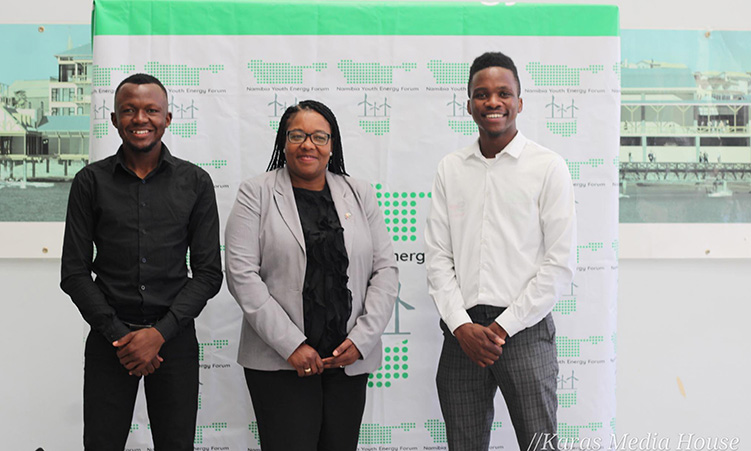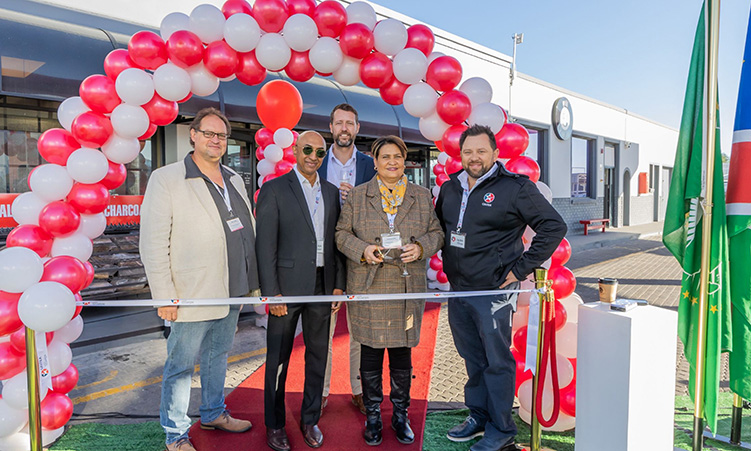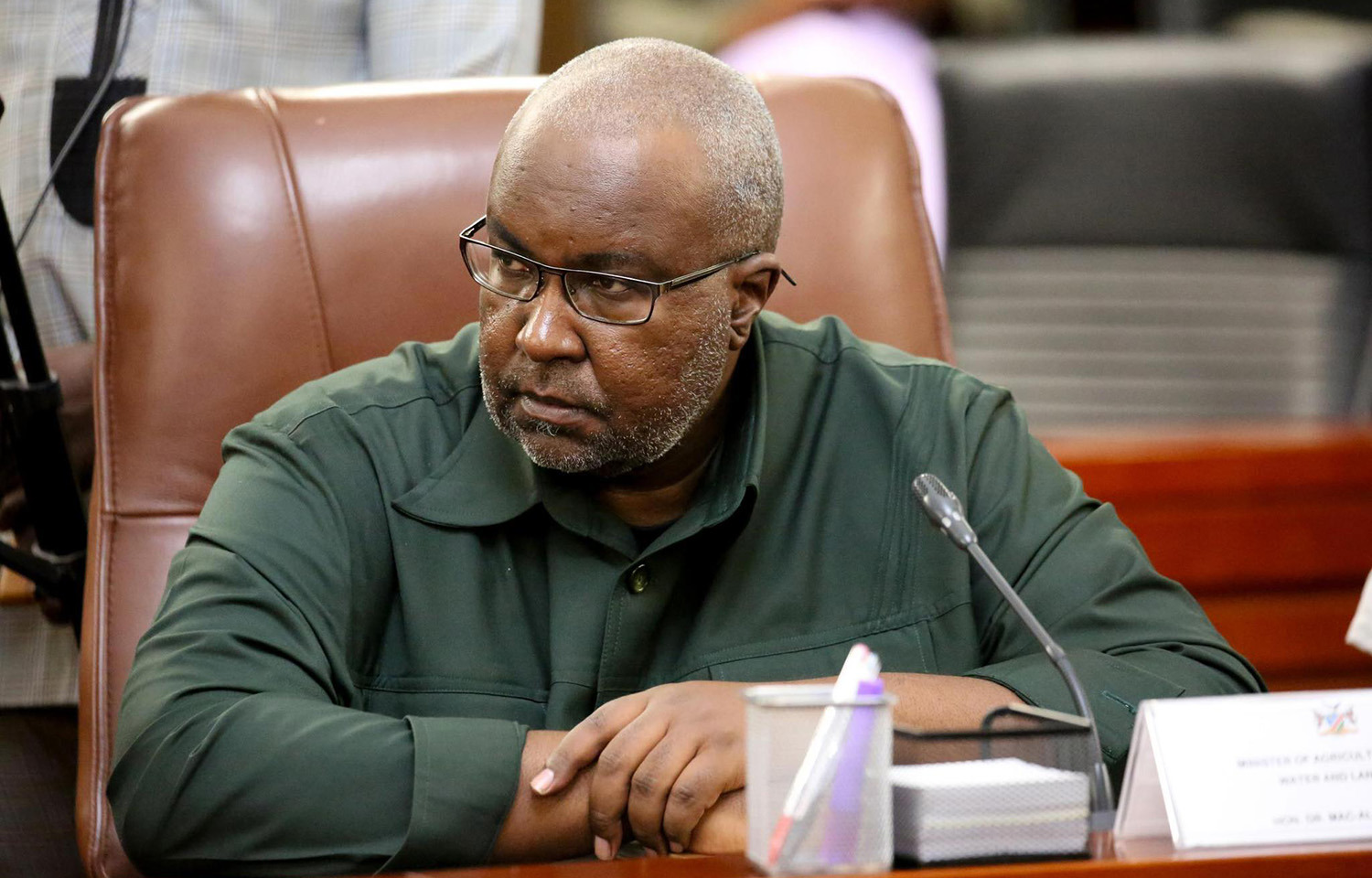LUANDA – In the lobby bar of one of Luanda’s few decent hotels, suited businessmen sit in deep leather armchairs waiting for a meeting in the oil-rich country which could change their fortunes.
‘Angola is one of the last great emerging market opportunities,’ one European man told AFP between sips of whisky.
‘I don’t care about the logistical problems as long as the solutions and rewards are there – I’m in this for the long term to make money.’
Thanks to high oil prices and a peacetime construction frenzy, Angola has enjoyed annual double-digit growth since a 27-year civil war ended in 2002 to become one of the world’s fastest growing economies.
Growth is set to slow this year, but interest from international investors has not abated with a recent flurry of high profile trade delegations, all hoping to get a piece of the action.
The government’s response to falling commodity prices, which threaten public spending aimed at Angola’s poor majority, is diversification into areas such as agriculture and manufacturing.
Until now, Angola’s main foreign players have been Brazilian and Portuguese firms, and Chinese companies helped along by close ties and credit lines believed to exceed five billion dollars.
But along with visits from the United States, France and South Korea in the past month, there have also been business forums in Rome and Cairo and state visits by President Jose Eduardo dos Santos to Germany and Portugal.
Last week a trade agreement was signed with US Secretary of State Hillary Clinton in Washington.
Among the recent American delegation was Delta Air Lines which hopes to launch the first direct scheduled flight from the United States to Luanda in September.
‘There’s no question, Angola is a very strong market and there is a lot of potential,’ the airline’s government affairs advisor Scott Yohe told AFP.
‘The amount of time it takes to get to Angola from the US, via Europe or via South Africa, has an impact on trade and the new flight will definitely be a catalyst for investment.’
Dubai-based Emirates starts flying three times a week from Luanda to Dubai in August.
‘Angola is a country which is really moving,’ explained Nigel Page, senior vice president of Emirates in Americas and Africa.
‘We predict that there will be a lot of business exchanges between Luanda and Dubai and this route will channel more companies into Angola from the east.’
There is already plenty of Asian investment in Angola, particularly from China which holds a number of key construction contracts, including four 2010 Africa Cup of Nations football stadiums.
China’s interest in Angola has aroused concern in the west, especially as a number of the loans have been oil backed, but Alex Vines, of the London-based think tank Chatham House, believes the Sino-Angolan relationship may be waning.
‘From a geo-strategic point of view, Angola wants to woo lots of different investment, not just from China,’ he told AFP.
‘And that’s why we’ve seen Dos Santos making these high profile visits to Europe and these other trade trips being invited to Angola.’
Despite predicting a three-percent contraction in 2009, World Bank economist Ricardo Gazel said: ‘Angola’s economy is still in a much better position than most and medium and long term, the prospects are very good.
‘There is a lot of investment interest, particularly in the non-petroleum sector which is good for diversifying the economy and for the economy as a whole.’
For businesses hoping to break into the Angolan market however, it’s not easy and good contacts go a long way.
The World Bank’s Doing Business Report ranks Angola as one of the hardest places to set up a company with 68 days needed to start a business, although this has halved since 2008.
But, big on capital if low on know-how, Angola has been spreading the word about investment opportunities and it seems the world is listening.
– Nampa-AFP
Stay informed with The Namibian – your source for credible journalism. Get in-depth reporting and opinions for
only N$85 a month. Invest in journalism, invest in democracy –
Subscribe Now!










